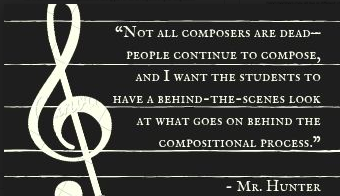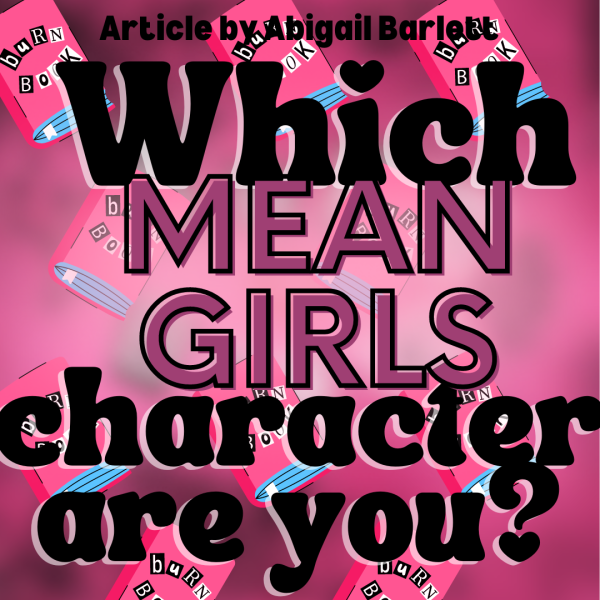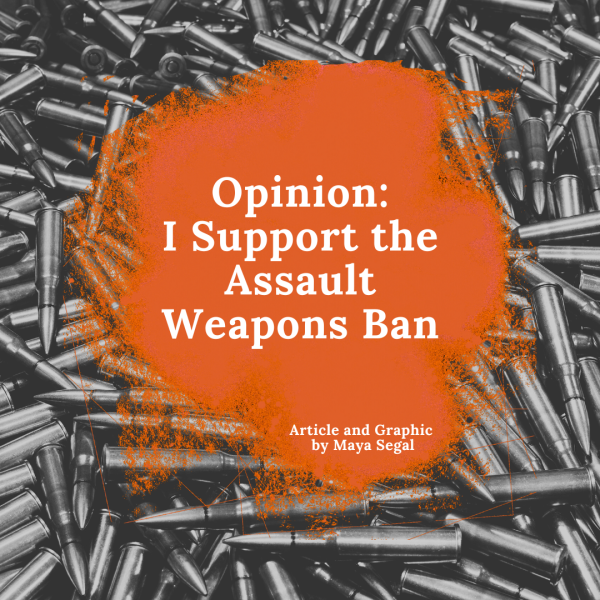Attack of the Tagger: A Lesson on Criminology

When I was a kid, I was a huge fan of a children’s book series about a teenage cyber-superhero named Shredderman. Shredderman—alias Nolan Byrd—was getting bullied at school, so he created a website to post photos that incriminated local bullies and petty criminals. In the second book of the Shredderman series, Attack of the Tagger, Shredderman takes on a local graffiti artist who turns out to be the principal’s son Ryan. Despite being disciplined, Ryan remains an antagonist in subsequent novels. In the real-world School System, we see the same pattern of repeat offences even when harsh penalties are set. Evidently, we need to redefine the goal and process of school discipline.
A fundamental law of criminology is that no matter how many guards you have posted, the crime will still be committed. Wrongdoers are understandably more dissuaded by potential punishments than they are by the obstacles they must overcome to commit the crime. Let’s say Ryan enrolled at Enloe, and then defaced the football stadium with graffiti. Property damage is a level two WCPSS Code of Student Conduct violation, meaning that student vandals can receive anywhere from one to eleven days of suspension. Ryan would be given a few stern lectures and then be sent off for a few days, only to come back with the same stubborn mischievous mindset. Something must be factored into the disciplinary equation in order to get Ryan and other student infractors like him to shape up: empathy. Did Ryan consider what the football team and marching band would think about his little art project? What about the coaches? The key to solving the paradox of juvenile repeat crime is turning faceless entities into real people.
How would empathy actually be codified into school disciplinary policy? The answer lies in two words: youth courts. Imagine a courthouse where the prosecutor, defendant, bailiff, and jurors are all teens. The only adult is the judge, who is either a licensed attorney or an actual presiding judge. Student wrongdoers would have an empathetic connection with the entire assembly from the get-go. These youthful judicial systems are popping up across America, even right here in Raleigh (visit http://www.capitalareateencourt.com/). On that note, Student Council does exceptional work fundraising and volunteering: what if it became the de facto Enloe judicial system for petty crimes? After all, the judgement of your peers is far more resonant than the judgement of your superiors. Students and teachers who felt the consequences of misbehavior would be brought to testify, and limits would be set on what sentences could be imposed. Maybe the Speech and Debate club could get involved somehow too. Whatever happens, we all must remember that empathy is the key to teen justice. And to all you Shredderman fans out there, shred on!
Your donation will support the student journalists of Enloe Magnet High School, allowing us to cover our annual website costs. We are extremely grateful for any contribution, big or small!

Gerbrand, alias Bran, is a fresh, energetic senior with plenty of ideas. He enjoys singing in the Enloe Chamber Choir, being respectful, and sharing...












